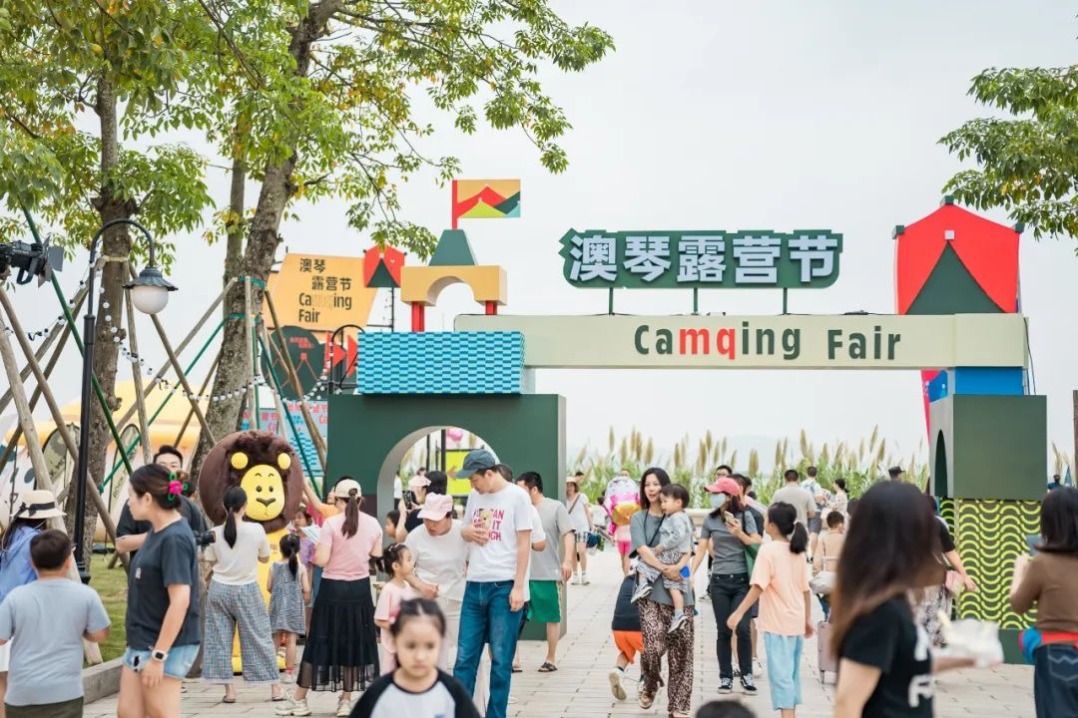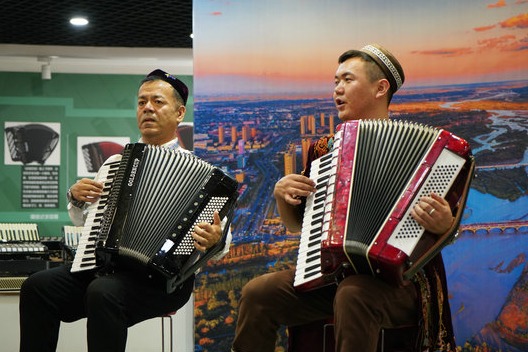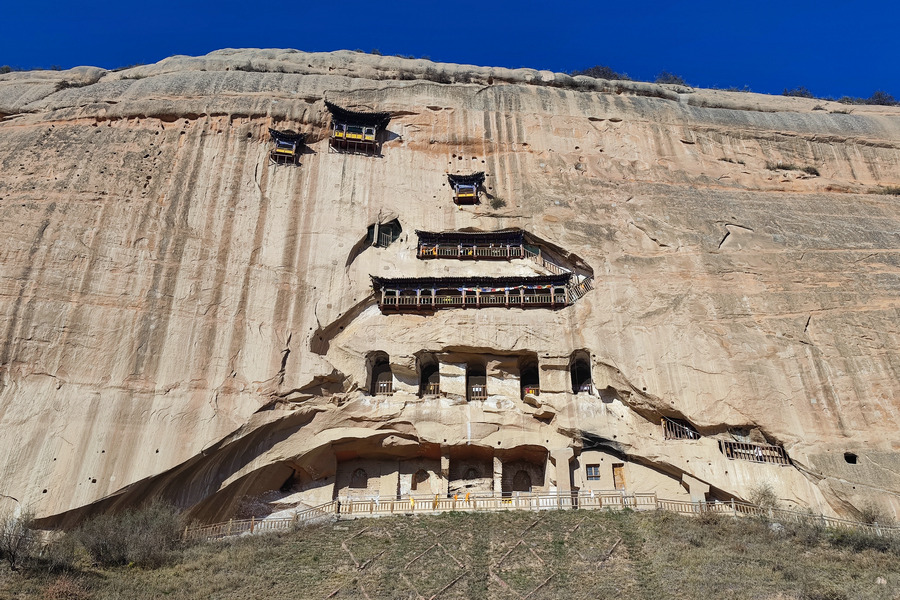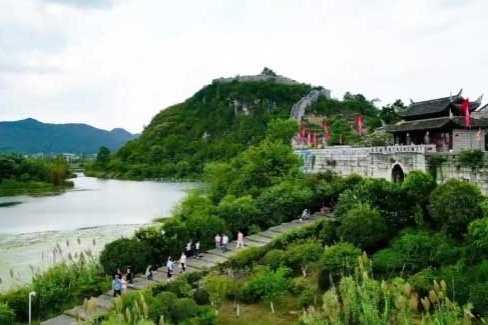Farmers harvest tourism income in rural Xinjiang

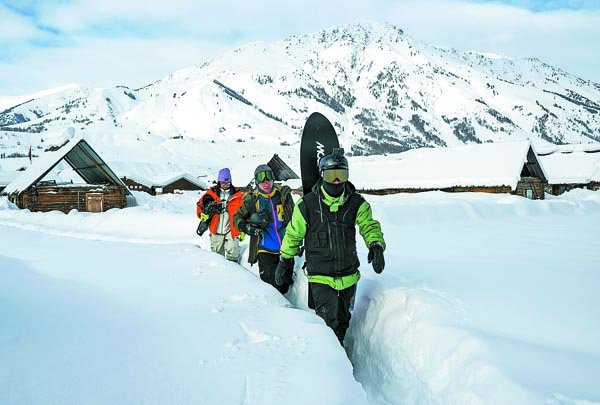
China recently released a long-term guideline on expanding domestic demand, which highlighted boosting the income of its rural residents via measures including development of leisure agriculture, rural tourism, and a homestay economy.
Confident in the prospects of the industry, Towankisu Bulak village in Wensu county, Aksu prefecture, is also managing to ride the wave of ice-and-snow tourism by transforming its swathes of farmland into ice rinks during the down season.
In previous years, Metiniyaz Dawut, a farmer from Towankisu Bulak, did part-time work in winter, hoping to make some money, but it only came in dribs and drabs. Now, he has become a ticket seller at an ice rink and owns a barbecue stall next to it.
"I can make 500 yuan ($74) a day at the barbecue stall, plus the 2,000 yuan a month as a ticket seller," Metiniyaz Dawut says.
Other villages in Aksu also followed suit. The farmland-turned ice rinks alone created more than 3,800 job opportunities across the prefecture.
Though relatively weak in terms of ice-and-snow resources compared with its northern areas, the southern regions of Xinjiang also saw ice-and-snow resorts springing up, providing residents with more convenient and diversified winter recreation.
As ice-and-snow tourism brings more opportunities, winter is no longer a bleak season for Metiniyaz Dawut. "Our village is bustling even on chilly days," he says.

















